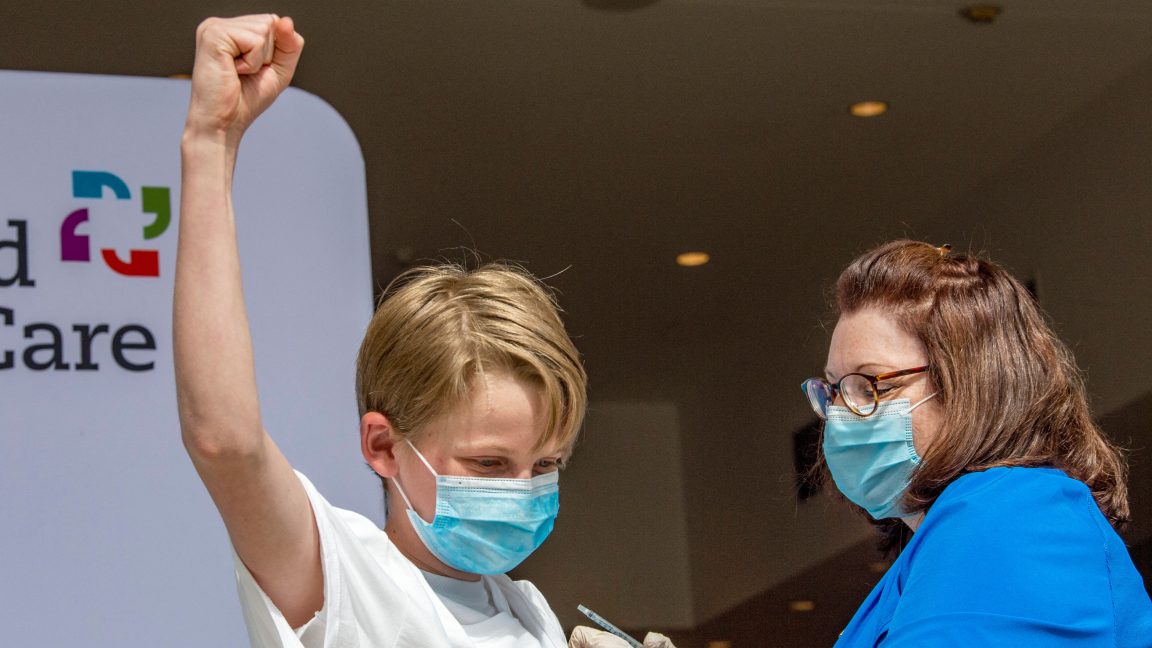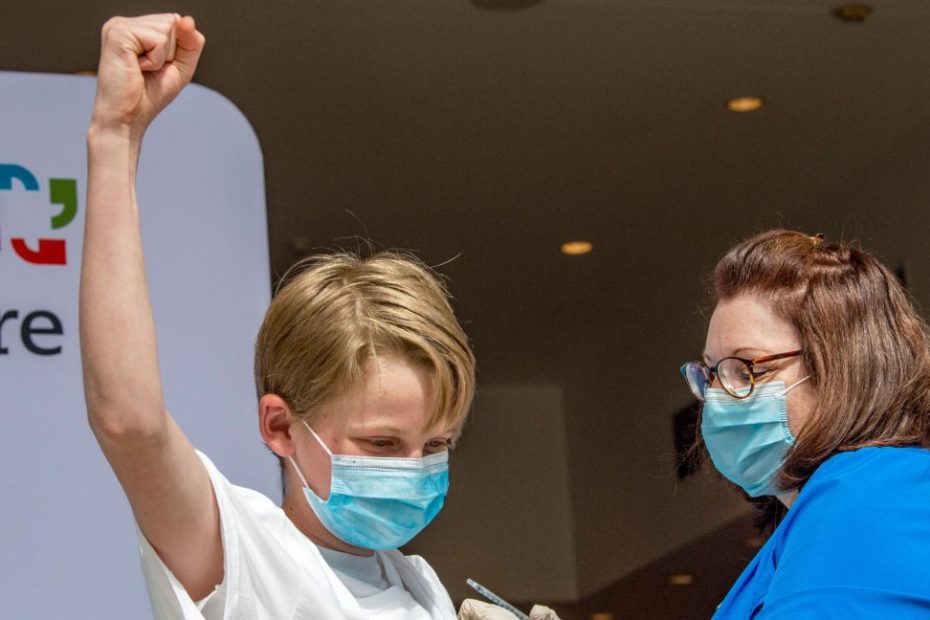
“It is clear that we are in a different location in the pandemic than four or five years ago in terms of risks for healthy older children,” said Sean O'Leary, chairman of the AAP committee for infectious diseases (COID) in a statement. “However, the risk of hospitalization for young children and people with risky disorders remains quite high.”
According to CDC data, the speed of COVID-19 hospital recording in children under 2 is the highest in every pediatric group. Furthermore, the number of hospital admissions in children from 6 months to 23 months is comparable to that of adults aged 50 to 64. Critically, more than half of the children from 6 months to 23 months who are admitted to the hospital for COVID-19 has no underlying medical condition that has a high risk of serious infection.
For children 2 to 18, the monkey recommends that COVID-19 recordings have for children with a medical condition that brings them with a high risk, are residents of care institutions, have never been vaccinated or have household contacts that run a high risk of serious COVID-19. All other children and teenagers must also have access to updated seasonal photos if they wish them, says the monkey.
“The monkey will continue to make recommendations for immunisations that are rooted in science and are in the best interest of the health of infants, children and adolescents,” said Kressly. “Pediatricians know how important routine -immunisations from childhood are to keep children, families and their communities healthy and thriving.”
Covers
Starting the school, COVID-19 cases that tap throughout the country and increase the season of the breathing virus of cold weather, the question now is how the conflicting recommendations are interpreted by insurance companies. Insurers are required to cover vaccines that are recommended by the CDC. But there is no such obligation for recommendations from medical groups.
AAP has held meetings with insurers to tackle for continuous coverage of evidence-based vaccine recommendations.
O The function also noted that AHIP, the most important insurance lobby, released a statement in June stating that its members are committed to “continuous coverage of vaccines to guarantee access and affordability for this respiratory virus season.

